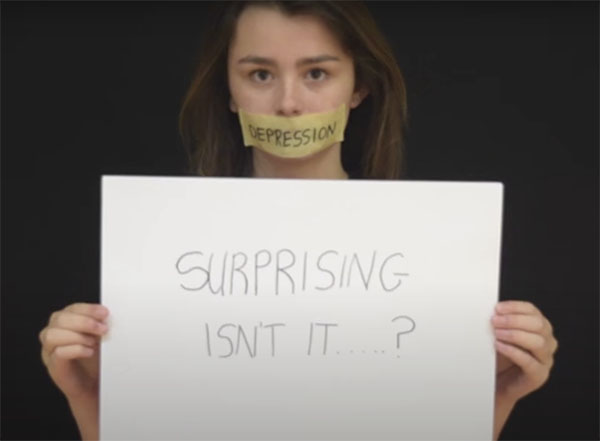Breaking the Stigma, from Barking and Dagenham Youth Forum
Take a moment. Think about what you know about mental illness.
Think about a time when you openly talked about mental illness. If you can’t think of a time, you are on your way to understanding the stigma that surrounds mental illness. If you can think of a time when you had a conversation around mental illness, try to remember how you or others around you felt. Were there feelings of unease, a shyness to speak up, or even a rush to change the topic? If so, you have experienced stigma around mental illness. The uncomfortable feelings of approaching the topic held you back from talking about it.
So what is stigma? It is a set of unfair beliefs that are the result of stereotypes; it is a polite word for discrimination.
Individuals who have a physical illness receive family support, “Get Well” cards in the mail from friends, food dropped off during recovery. This is not true of individuals with mental illness. Many sit in silence, shame and secrecy because many have been judged for being “weak,” “crazy” and “stupid.” Many have been told to “just snap out of it,” “just get over it.” Individuals with mental illness almost never hear the words “Hope you feel better soon.”
When compared with all other disease, including cancer and heart disease, mental illness ranks 1st in causing disability in the United States. While most individuals openly talk about cancer or asthma without the worry of being blamed, judged or stigmatized, the same is not true of those with a mental illness diagnosis.
Why are we so uncomfortable about the conversation? These feelings can occur for various reasons; a lack of information, a fear of being judged, and even a subconsciously negative feeling.
Breaking the Silence New Mexico strives to break the stigma surrounding mental illness by educating others and starting conversations. If we start exposing ourselves to the reality of these illnesses that can occur in our brains, things can change… and we will be part of the solution rather than adding to the problem. Research shows that as stigma is reduced, more people seek the help they need.
We need your support—HELP US KEEP THE CONVERSATION GOING.
If you or someone you know is having a tough time, visit our RESOURCE page. Do not hesitate to reach out.







